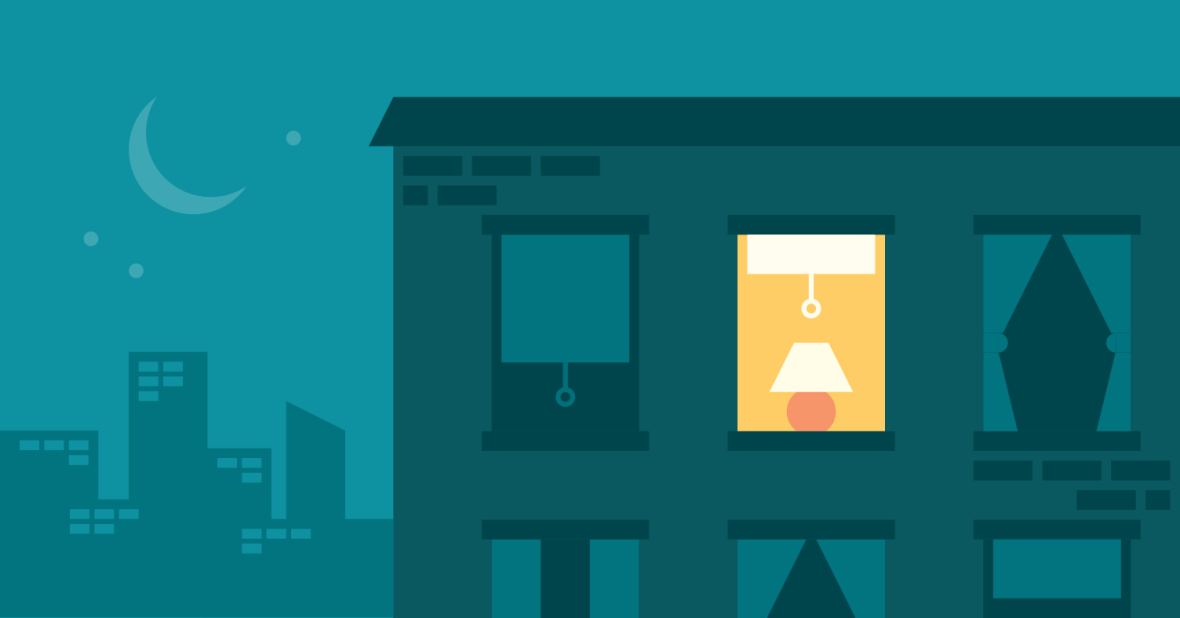
People who slept this much (and no more) had top cognitive performance (INTL)
During sleep, cerebral spinal fluid flows through the brain more rapidly, cleansing it of the waste products naturally produced by brain cells. Muscle is also built while you snooze, through the release of growth hormones, whereas the heart and lungs take a break.
As our understanding of sleep increases, research has sought to explain sleep-related behaviors and explore sleep needs. For instance, one study explored whether there was a biological reason behind teens’ wanting to sleep in, concluding that most teens needed more sleep, to maximize cognitive performance and decision-making. Drawing on this and similar studies, the common wisdom seems to be that more sleep is better. Cognitive performance and decision-making do improve when people aren’t sleep deprived, but the drawbacks of too much sleep have been left largely unexplored.
UCSF’s Anne Richards and colleagues conducted a sleep study using Lumosity survey data collected over 20 months. In the survey, users were asked to report their usual sleep duration before playing the games Speed Match, Memory Matrix, and Raindrops. The study then assessed scores from hundreds of thousands of game plays relative to habitual sleep. To control for long-term engagement, it looked at a person’s results only the first time they played a game, eliminating any practice effect.
Perhaps surprisingly, the study concluded that there was a magic number for how much sleep most people needed: 7 hours of sleep resulted in the best game performance for all age groups, turning the more-sleep-is-better assumption on its head. The researchers concluded that yes, too little sleep results in worse cognitive performance, but too much sleep has a similar effect. In this study, getting 10 hours of sleep resulted in mental performance on par with 5 hours. Not only did 7 hours appear to be the correct dosage for all age groups, but Richards and team’s study tracked cognitive performance versus sleep while also controlling for gender and education level. They were able to do this because they were armed with data -- lots of data -- from Lumosity, since users provide gender and education information. (All data provided to researchers is first anonymized.)
Still, it doesn’t mean that the 7 hour recommendation should be applied to everyone: sleep needs vary. But, if 7 hours of sleep benefits your ability to think and be mentally present, that may indicate that you have healthy, typical sleep regulation. Compare today’s Lumosity scores with last night’s sleep to see if your stats match the study’s findings!
